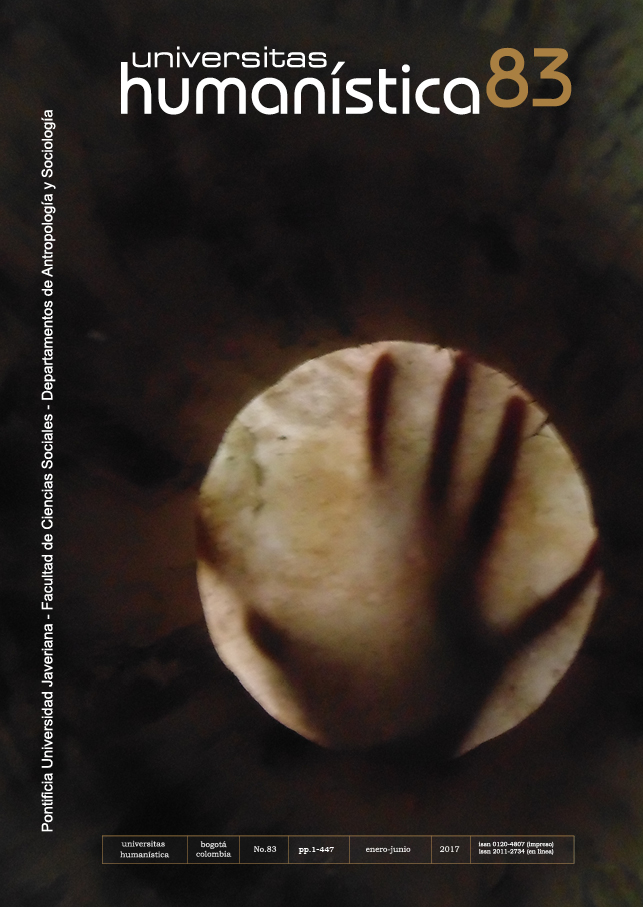Abstract
In this paper, we examine conflicts experienced by Brazilian and Colombian black and indigenous university students during the process of appropriation of academic literacy practices, after they were admitted to public universities through affirmative action programs in their countries. We analyze part of a doctoral research corpus concerning academic literacy. This qualitative study student uses interviews and official affirmative policy documents. From an Applied Linguistics perspective, our research draws on Bakhtin’s concept of dialogism and Street´s work on academic literacies. Conflicts that arise in the student’s path towards academic literacy not only show the (dis)agreements with the university, but also question intercultural policies from their own experience. This whole process reveals aspects of university life that remain unexamined, even in affirmative action discussions, such as interculturality and language.

This journal provides immediate open access to its content on the principle that making research freely available to the public, encourages greater global exchange of knowledge.
The journal Universitas Humanística is registered under a Creative Commons Attribution 4.0 International Public License. Thus, this work may be reproduced, distributed, and publicly shared in digital format, as long as the names of the authors and Pontificia Universidad Javeriana are acknowledged. Others are allowed to quote, adapt, transform, auto-archive, republish, and create based on this material, for any purpose (even commercial ones), provided the authorship is duly acknowledged, a link to the original work is provided, and it is specified if changes have been made. Pontificia Universidad Javeriana does not hold the rights of published works and the authors are solely responsible for the contents of their works; they keep the moral, intellectual, privacy, and publicity rights.
Approving the intervention of the work (review, copy-editing, translation, layout) and the following outreach, are granted through an use license and not through an assignment of rights. This means the journal and Pontificia Universidad Javeriana cannot be held responsible for any ethical malpractice by the authors. As a consequence of the protection granted by the use license, the journal is not required to publish recantations or modify information already published, unless the errata stems from the editorial management process. Publishing contents in this journal does not generate royalties for contributors.


